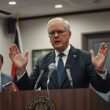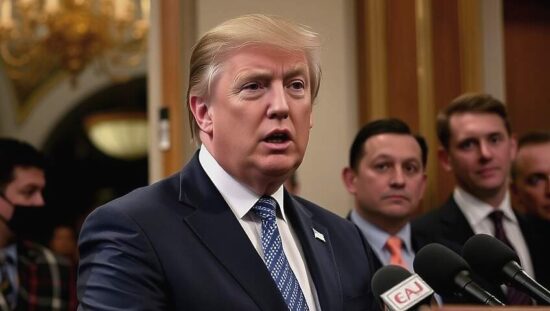Concerns have been raised regarding the impact of recent Polish border controls, prompting calls for a reassessment of current German policy. Representatives from business associations previously expressed worries about potential negative consequences stemming from the heightened border measures.
Sebastian Fiedler, the SPD’s spokesperson for domestic policy, voiced his position in an interview with the Handelsblatt, emphasizing that delays and extended waiting times are unacceptable. He suggested that cooperative border controls involving German and neighboring country police forces are consistently more effective and targeted than unilateral German action. Fiedler stressed the need for European solutions to European security and migration challenges, rather than national approaches.
The calls for a review come after the German Chamber of Industry and Commerce (DIHK) and the Foreign Trade Association (BGA) criticized the new Polish controls as counterproductive. Poland introduced the heightened border measures in response to stricter controls imposed by Germany. Since May, the German Federal Police have been turning away asylum seekers at all borders – a practice deemed unlawful by a court.
Fiedler underscored the importance of maintaining strong collaboration with European neighbors while reaffirming his commitment to the coalition agreement, which stipulates continued controls at German EU internal borders until the external border protection is effective and the new GEAS regulations are implemented.
The AfD, conversely, has voiced support for the stricter border policy. Bernd Baumann, First Parliamentary Secretary of the AfD parliamentary group, cited statements made by the President of the Federal Police, Dieter Romann, during a parliamentary Interior Committee session. Romann reportedly indicated that border controls, including the rejection of asylum seekers, are feasible without significantly disrupting border traffic. Baumann directly refuted the concerns raised by business associations regarding potential economic damage resulting from these controls.





